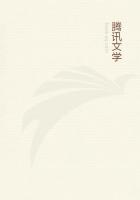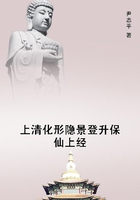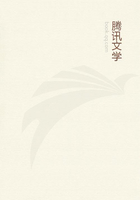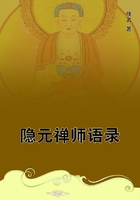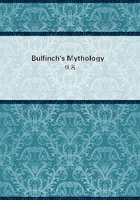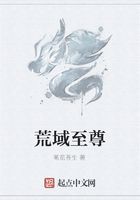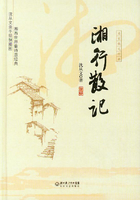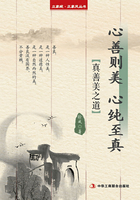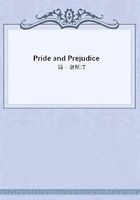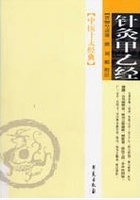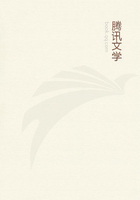On the other hand, it is almost always in the power of each merchant instantaneously to augment the quantity of money at his disposal, by selling his goods at a less profit, or by discounting the debts which are owed him. In this way, he has money when he pleases, without being richer; the money, far from adding to his capital, is purchased with it. If such operations are performed at one time by several merchants in the same town, that town purchases money from its neighbours; if by a great number of French, English, or German merchants, we say that France, England, or Germany purchases money. There will, in reality, be found much more in the markets to make payments with; guineas will be much more abundant; but there will be neither more nor fewer deposits offered to lend, and the rate of interest will not be any way affected by the change. Such as are acquainted with the movements of trading places, know well that guineas may abound in them while capitals are scarce, or guineas be scarce while capitals abound.
It is a gross error, then, to believe, that, in all cases, a considerable importation of the circulating medium will make the rate of interest fall, or an exportation make it rise. Money is a kind of wealth; and like any other kind of wealth, it forms part of the circulating capital. If the money imported is a gift, or a tribute; if it costs nothing to the nation, it will certainly augment its circulating capital, and must certainly contribute to lower the rate of interest on the spot; but the same sums paid to the nation in goods would equally contribute to that end. If, on the other hand, this money has been purchased with any other portion of the capital, in that case the sum total of the latter will remain the same, and the rate of interest will not be affected.
Upon these principles, it is easy to see how mines of silver and gold do not enrich a nation more than any other kind of industry. The precious metals drawn from the mine are goods purchased, like all other goods, at the price of labour and capital. The opening of the mine, the construction of its galleries, the establishment of refining furnaces, require large advances, independently of the labour by which the ore is drawn from the bowels of the earth. This labour, and its fruits, may be exactly paid by the metal produced, and the state will gain by the operation, as by any other manufacture. But, in general, the profits of mines are irregular. As the head prize in a lottery seduces gamesters, an unlooked for advantage encourages miners to continue their exertions, although the usual returns be inferior to those obtained by any other kind of industry; and nearly all of them are ruined, just like gamesters, because they were at first successful.
From these principles, we may also conclude, that the blame so frequently imputed to Frederic II and the Canton of Berne for having hoarded up and withdrawn from the country a large portion of the natural circulating medium, is without foundation. By saving a part of their expenses, they, of course, in some degree, diminished consumption and re-production; by preserving some millions in their coffers, they in some degree diminished the circulating capital: but the money locked up by them was soon replaced by other moneys which the country purchased; and, besides, the whole circulating medium of a nation is so small, compared with its whole circulating capital, that such a void can never be considered as a national misfortune, or counterbalance the immense advantage of possessing a fund ready, without new sacrifices, at the moment of want.
From confounding money with capital, has arisen the general mistake of attempting to increase the national capital by a fictitious capital, which, not having been created by an expensive labour, is not, like gold or silver, a pledge of the values it represents; and which, after having delighted nations with the illusions of wealth, has so frequently left them in ruin.
It will be more easy to follow the operation, by which so many states in our time have endeavoured to replace their money by paper, if we previously direct our attention to the manner in which one of the most ancient trading cities of France made a few crowns perform the functions of a considerable circulating medium. At Lyons, it was agreed upon in trade, that all payments should take place only at four fixed periods, quarterly. During the three days which the payments took up, all the accounts of the city were settled at once. Each, at the same period, had much to receive and much to pay. But, on the days immediately preceding the payments, all the merchants used to meet on the exchange, to make what they called viremens; in other words, to assign, one to another, such sums as would settle their accounts.
A owed B, who owed C, who owed D, who owed E, himself indebted to A; and the five accounts were settled without any payment. If E was not indebted to A, it was agreed that A should pay E, and the other four were acquitted by a single payment. Every merchant bought but to sell again; received, therefore, but to pay; and if those assignments were extended to their utmost limits, one single sum of ten thousand pounds would probably settle all the transactions of a city, though these amounted to several millions.
But all mutual debts are not equal, and bankruptcies occasion difficulties, and sometimes errors in the assignments. The invention of banks has supplied this deficiency. The Bank of Amsterdam is a kind of open bar, where assignments may constantly be made. Every trader pays or receives, by a line which is written down in the bank's books, on the debtor or creditor side of his account, without any money being disbursed. Among merchants, who have all an open credit with the bank, the operation of the book-keeper supplies with the utmost ease that of cashier; and no difference of amount, or day of payment, prevents sums from being reciprocally balanced.

